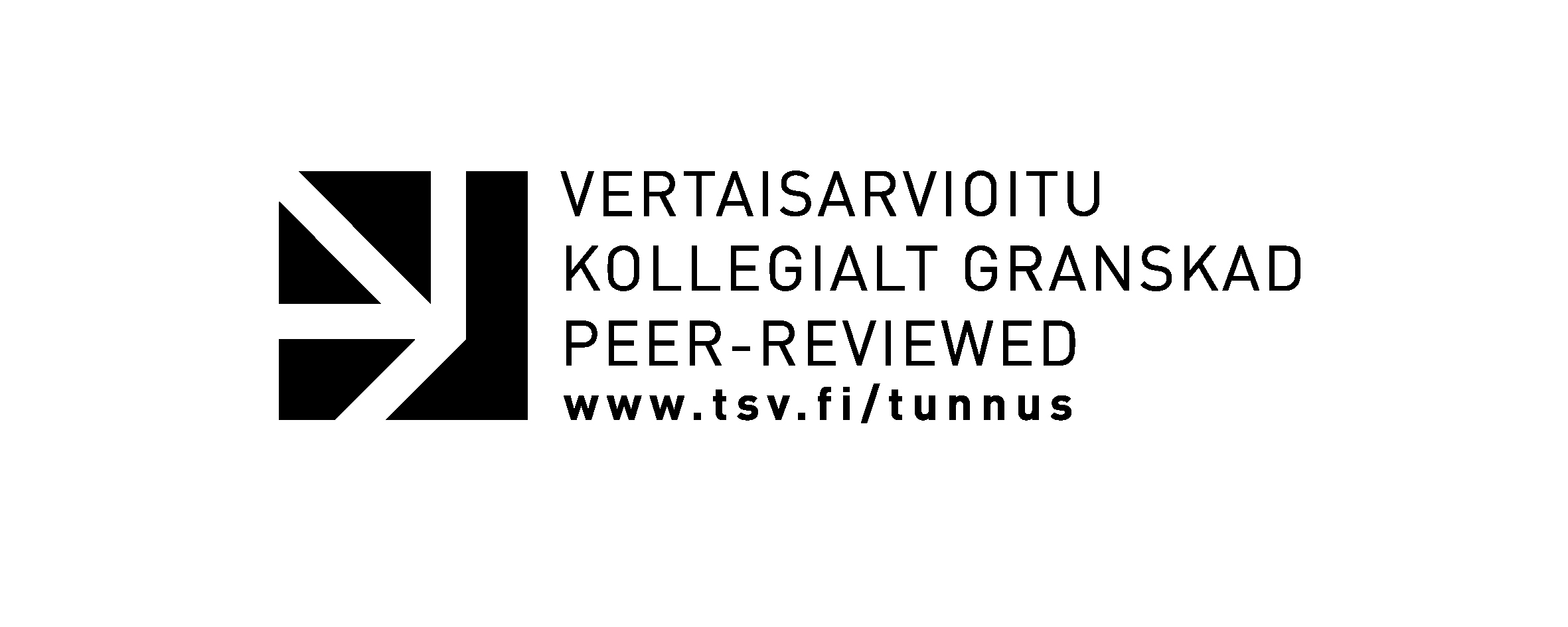Remembering and Forgetting, Discovering and Cherishing
Engagements with Material Culture of War in Finnish Lapland
Keywords:
Second World War, Lapland, war heritage, material culture, difficult history, musealizationAbstract
The events of the Second World War left considerable material remains in Finnish Lapland, ranging from the remnants of structures that were destroyed in the 1944–45 Lapland War, through to small, portable objects connected to soldiers, prisoners of war and civilians. These material remains have variously been saved and cherished by survivors and their families, disregarded as ‘war junk’, ‘discovered’ by hobbyists exploring the landscape, amassed and exchanged by private collectors, and accessioned into official museum collections. These various processes represent transformations of material culture to take on various meanings and embodiments, depending on the different individuals and organizations involved.
In this article we present and analyse data collected through ethnographic fieldwork in and around the Lapland village of Vuotso: primarily interviews and observations. We have conducted interviews with history hobbyists and museum professionals who engage with the WWII history of Lapland, and observed the treatment of ‘war material culture’, for example through exhibitions (both public and hidden) and through personal meaning-making practices. These encounters have centred around the material remains of the Second World War, and the ways in which different actors perceive, value and otherwise understand those remains. While some objects are transformed through musealisation, others remain ‘officially’ unknown and unrecognized (although known – even traded and exchanged – through private channels). Furthermore it may be as important for some actors to leave material culture in situ – for example as testimony to the past conflict or trauma – as it is for others to exercise personal ownership. Within this context, we deconstruct the notion of ‘expert’ as it relates to the local and historical knowledge. Being regarded by peers and others as an expert is not necessarily the same thing as having professional authority and status, for example as a museum curator or university-affiliated scholar.
We draw upon theories of relational materiality, and suggest different typologies of engagement with the material culture. Different networks of interest and expertise emerge, dependent on the actors involved (including their status – e.g. museum professional, survivor, ‘incomer’, local activist – and how their knowledge is thus accepted, challenged or rejected by others), the context of ownership, situationality and perceived levels of authenticity.

How to Cite
Copyright (c) 2018 Suzie Thomas, Eerika Koskinen-Koivisto

This work is licensed under a Creative Commons Attribution-NonCommercial 4.0 International License.







